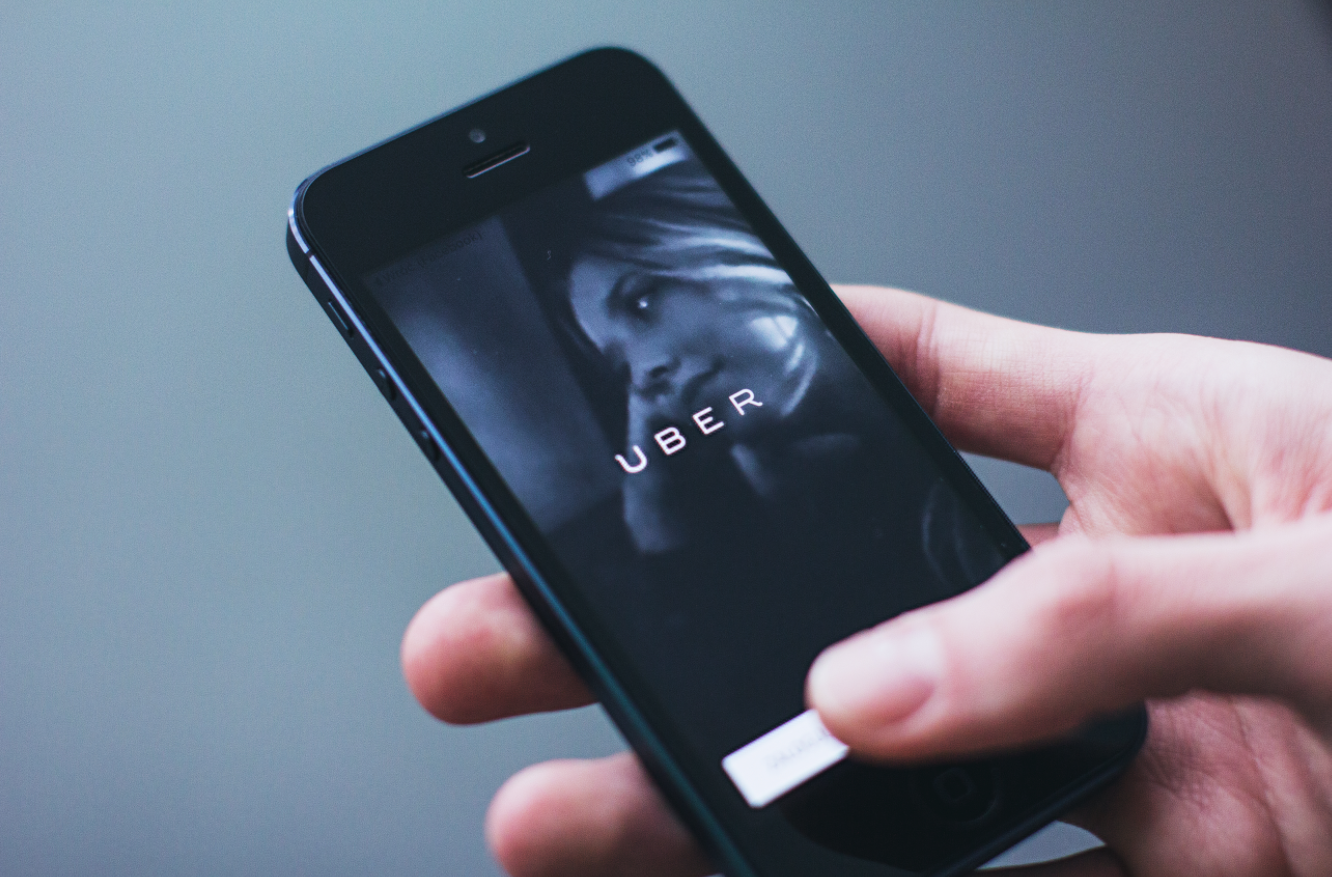A la carte breakfast: a cheaper alternative. But you get what you pay for, and breakfast a la carte lacks the fixings of a traditional meal. A la carte work is no different.
On August 4, a coalition of app-based companies, including Uber, Lyft, and DoorDash, proposed a ballot measure in Massachusetts that would classify drivers as independent contractors rather than employees. The proposal ostensibly establishes a system of “portable benefits,” sets a floor for wages, guarantees reimbursements for vehicle upkeep costs, and provides healthcare stipends for drivers.
Sounds great, right? Not so fast. Gig workers for companies like Uber, Lyft, and DoorDash, would be entitled to certain portable benefits, yes, but not a traditional employee suite of gains. As the proposal currently stands, certain loopholes make drivers susceptible to exploitative policies.
While the proposal claims to establish “portable benefit accounts for app-based drivers,” it fails to protect against subminimum wages. Proponents claim that drivers will receive guaranteed pay about 120% of minimum wage. Yet, drivers’ waiting time is not counted as work time, and Uber drivers are only compensated for their time with the passenger — not for associated waiting and driving times. Furthermore, given insurance and upkeep costs, the proposal underestimates driving costs. Whereas the IRS estimates the cost of owning and operating a vehicle at 58 cents per mile, the proposal offers just 26 cents per mile in reimbursements for driving costs. Plus, drivers would need to work at least 15 hours per week to receive health care stipends under the proposal.
With these policies in mind, a UC Berkeley study found that the initiative would guarantee only $5.64 an hour for Uber and Lyft drivers. That means an Uber driver in Massachusetts could lose $7.86 per hour in wages under the new policy compared to their current wage. For gig workers, this reclassification doesn’t pay off.
In a press statement on August 3, the Coalition to Protect Workers’ Rights called the initiative an “exploitation of [an] app-based workforce” and opposed several provisions of the bill. Chief among them, the initiative denies app-based workers traditional compensation benefits as well as legal protections against sexual harassment and discrimination. Workers claim that the bill will create a “second class” of workers with subpar benefits, wages, and protections.
Unfortunately, these workers’ groups might be fighting a losing battle. Proposition 22, an analogous proposal passed in California, classified app-based workers as independent contractors with limited job benefits. Proposition 22 ranks as the most expensive proposition campaign in the state’s history and the most expensive ballot measure since 1999. Gig companies including Uber, Lyft, DoorDash, Instacart, and Postmates spent over $200 million dollars to sway the vote. Labor unions raised just $16 million.
With multibillion-dollar tech companies like Lyft and Uber backing national initiatives to codify the gig economy, it’s unlikely that labor unions and workers’ advocates can counteract the campaign. And gig companies have an incredible incentive to continue supporting these initiatives: Not only can they pay drivers less, but under 10% of app-based workers would qualify for a healthcare stipend. Following the passage of Prop 22, Uber and Lyft stocks both shot up by over 11%.
But there might be a compromise.
It’s clear that the profitability of these app-based companies relies on laws like Proposition 22. It’s also clear that $200 million dollars can buy the passage of a ballot measure, at least in California. What remains to be seen is their impact on Massachusetts law and if corporate-backed legislation could potentially benefit workers.
As Uber wages a nationwide campaign, voters have an opportunity to fight for provisions that truly guarantee portable benefits, like overtime pay and covered operation costs. “Independent contractor” status could benefit everyone, especially drivers, who benefit from flexible work hours. But it’s also necessary that legislation that cements contractor status also provides an airtight benefits system for drivers (especially full-time drivers), including unemployment insurance, the right to a safe workplace, and workers’ compensation benefits.
The Massachusetts Coalition for Independent Work, for example, proposes a flexible, contractor-style model with the benefits of labor protections like paid sick leave, occupational accident insurance, and paid family leave. While they overwhelmingly support independent contractor status, the organization has made clear that traditional benefits are also necessary.
It’s time to respond to the development of the gig economy in a way that adapts to modern needs and desires without disregarding almost a hundred years of workers compensation legislation. As Big Tech continues to play politics, labor protections will suffer. But ultimately, passage of the California and Massachusetts ballot initiatives alike relies on voters, and it’s possible to ensure both an Uber ride and also adequate labor protections.
It’s not that you can’t order eggs a la carte. But if you don’t include toast and fruit on the side, you’ll probably leave hungry.
Image by Freestocks.org is licensed under the Pexels License.



